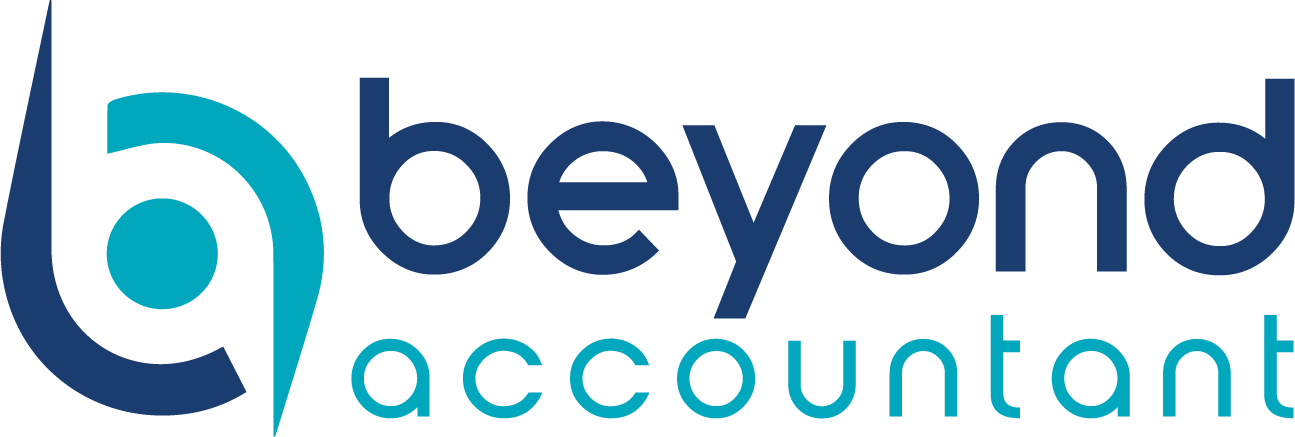Monday - Friday: 9AM - 5PM

Small business owners are seeking ways to minimize tax liabilities and maximize savings as the year comes to an end. Effective tax planning strategies can help achieve these goals by utilizing deductions and credits. This blog post provides four expert tax planning tips that can assist small business owners in finishing the year strong and setting themselves up for future financial success. Regardless of business structure, these tips offer valuable guidance in navigating the complex world of taxes and saving money.
Tax planning is crucial for individuals and businesses to reduce tax liabilities, ensure compliance, and reach financial objectives. It enables the maximization of deductions and credits, the avoidance of penalties and audits, effective cash flow management, tax-efficient investments, planning for major life events, stress reduction, and wealth accumulation. By implementing tax planning strategies and seeking professional advice, individuals and businesses can make informed decisions and optimize their tax plans for financial success.
To maximize small business savings through tax planning, it is essential to leverage deductions, consider tax-efficient investments, maximize retirement contributions, maintain accurate records, and consult with tax professionals. Claiming eligible deductions, exploring tax-efficient investments, and maximizing retirement contributions can significantly lower tax liabilities. Accurate record-keeping ensures accurate deduction calculation while seeking professional advice helps navigate complex tax laws. Regularly reviewing and adjusting tax strategies allows small businesses to seize new tax-saving opportunities and optimize savings.
1. The benefits of aligning your financial goals with tax planning strategies
Aligning financial goals with tax planning can benefit small businesses in various ways. By strategically managing taxes, businesses can minimize their tax liability, increase cash flow, and maximize retirement savings. Minimizing tax liability involves utilizing deductions, credits, and incentives to reduce taxes owed, allowing more funds for reinvestment or savings. Managing expenses and timing income optimizes cash flow, providing liquidity and better operational control. Additionally, incorporating tax planning into financial goals helps make informed financial decisions, gain a competitive edge, and remain compliant with tax laws. Consulting tax professionals and reviewing strategies regularly ensure businesses capitalize on available tax-saving opportunities, positioning them for long-term financial success.
2. Utilizing tax deductions and credits for small businesses
Utilizing tax deductions and credits is essential for effective tax planning in small businesses. By taking advantage of deductions and credits, such as business expenses, home office deductions, health insurance premiums, the Section 179 deduction, research and development credits, and the work opportunity tax credit, small business owners can lower their tax liability and increase their savings. Keeping accurate records and staying informed about tax laws and regulations is crucial. Consulting with a tax professional ensures that small business owners maximize their use of deductions and credits, optimizing their financial outcomes and reducing their tax burden.
3. The role of accurate record-keeping in tax planning
Accurate record-keeping is a crucial aspect of effective tax planning for small businesses. By maintaining organized and detailed records throughout the year, small business owners can ensure they have the necessary documentation to support their tax deductions and credits. Here are some key points to consider regarding the role of accurate record-keeping in tax planning:
Documentation of expenses: To claim deductions for various business expenses, it is essential to have accurate records that demonstrate the nature and amount of the expenses. This includes keeping receipts, invoices, and other relevant documentation. By maintaining a system for organizing these records, small business owners can easily access the information needed for tax preparation.
Separation of business and personal expenses: It is crucial to keep business and personal expenses separate to avoid any confusion or potential audit issues. Maintaining separate business bank accounts and credit cards can help ensure that personal expenses are not mistakenly claimed as business expenses.
Mileage and travel records: For small businesses that involve significant travel, accurate records of mileage and travel expenses are important for claiming deductions. This includes documenting the purpose of the travel, the distance traveled, and any related expenses such as meals or accommodations.
Employee payroll records: Small businesses with employees need to maintain accurate payroll records, including information such as wages, taxes withheld, and any benefits provided. These records are crucial for accurately reporting payroll expenses and complying with tax withholding requirements.
Asset purchases and depreciation: Keeping detailed records of asset purchases, such as equipment or vehicles, is important for claiming deductions and properly depreciating these assets over time. This includes documenting the purchase price, date of purchase, and any additional expenses related to the asset.
Sales and revenue records: Accurate records of sales and revenue are necessary for calculating taxable income. Small business owners should keep track of all sales transactions, including invoices, receipts, and sales records. This information is vital for accurately reporting sales revenue and ensuring compliance with tax regulations.
4. Leveraging professional expertise for effective tax planning
Hiring a professional tax advisor or accountant can greatly benefit small businesses when it comes to effective tax planning. These experts have the knowledge and experience to navigate the complexities of the tax system and ensure that businesses are taking full advantage of available deductions and credits. Here are some key points to consider regarding the leveraging of professional expertise for effective tax planning:
Expert guidance: Tax advisors and accountants offer valuable advice on tax planning strategies, leveraging their knowledge of ever-changing tax laws and regulations to identify potential savings opportunities.
Customized strategies: Professional tax advisors create tailored plans based on your business's unique needs, optimizing tax planning for maximum savings and minimized liabilities.
Compliance assurance: Tax advisors ensure your business complies with tax laws, staying updated on changes to avoid penalties and ensuring accurate reporting.
Time and resource savings: Outsourcing tax tasks to professionals frees up time and resources, allowing you to focus on core business activities and growth.
Audit support: In case of an audit, tax advisors represent your business, ensuring a smooth process and protecting your rights.
Ending the year strong with smart tax planning
Implementing smart tax planning strategies is crucial for small businesses looking to end the year strong. By leveraging the expertise of professional tax advisors or accountants, businesses can optimize their tax strategies, ensure compliance with tax laws, save time and resources, and receive ongoing financial guidance.

Vugar approaches his business like he does his family. A problem solver since he was a kid, Vugar enjoys putting your financial puzzle pieces together in a way that reduces your taxes and creates more significant returns on your investments. Vugar’s book Digital Transformation, A Threat or Opportunity for Small Business focuses on helping small businesses with digitalization.




